Question And Answer
Publications
Articles, publications, books, tools and multimedia features from the U.S. Institute of Peace provide the latest news, analysis, research findings, practitioner guides and reports, all related to the conflict zones and issues that are at the center of the Institute’s work to prevent and reduce violent conflict.
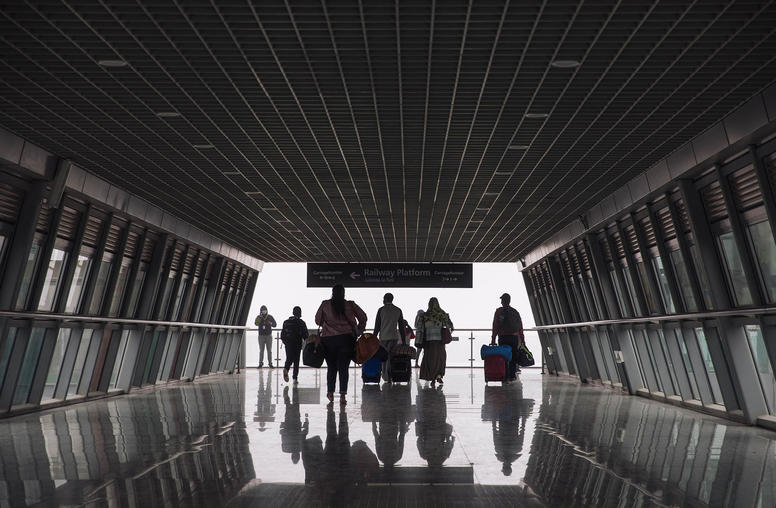
10 Things to Know about the U.S.-China Rivalry in Africa
Next week, nearly 50 African heads of government plan to be in Washington, D.C. for the U.S.-Africa Leaders Summit. A broad range of issues will be discussed, from food security to global health to education. While rightly not on the formal agenda — the summit is about the United States and African countries — the United States’ rivalry with China, and how it impacts Africa, will be in the background of this major diplomatic event, certainly to be discussed and analyzed in private conversations surrounding the summit.
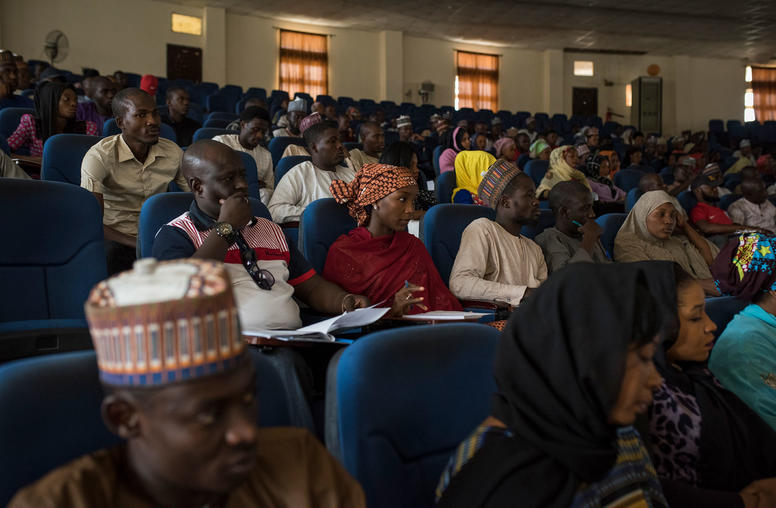
Africans’ Views on the Key Issues: What African and U.S. Leaders Need to Know
Dozens of African leaders will be in Washington next week for the second U.S.-Africa Leaders Summit. Critical issues like economic engagement, climate change, food security and global health will top the agenda as U.S. and African decision makers gather for a host of formal and informal meetings. While such leader-to-leader engagements are vital to addressing these urgent issues, understanding what everyday Africans want from their leaders and their countries’ relations with the United States is vital to meeting today’s and tomorrow’s challenges.
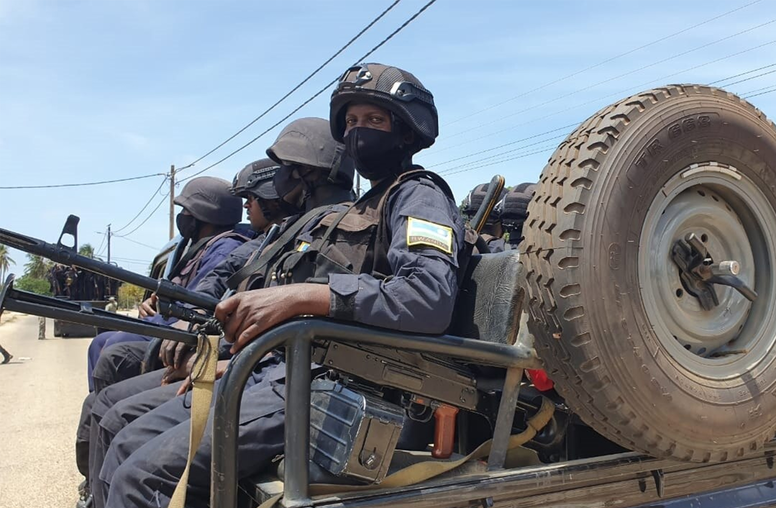
Leverage the Private Sector for a Durable Peace in Northern Mozambique
The Biden administration has a full agenda planned for African heads of state arriving for the U.S.-Africa Leaders Summit in Washington next week. While much of the summit will focus on economic development, peace and security challenges exist throughout Africa. One area where concerted leadership on both fronts could make a real difference is in northern Mozambique, where an African-led regional intervention has helped to stem — but not quell — an insurgency that has ravaged Mozambique’s resource-rich Cabo Delgado province.
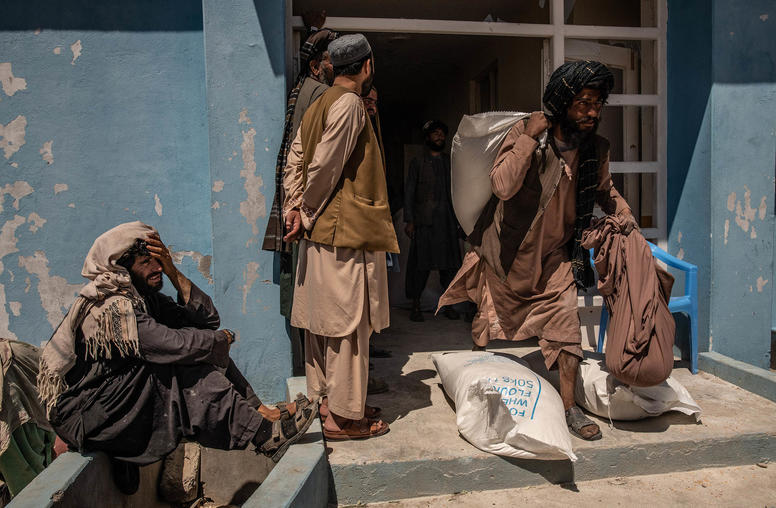
Afghans Adapting to Economic Decline, Social Restrictions
Newly released household data paint a bleak picture of the ongoing human tragedy in Afghanistan and how the Afghan people are adapting as best they can to economic decline and draconian social restrictions, while perhaps benefiting from better security.
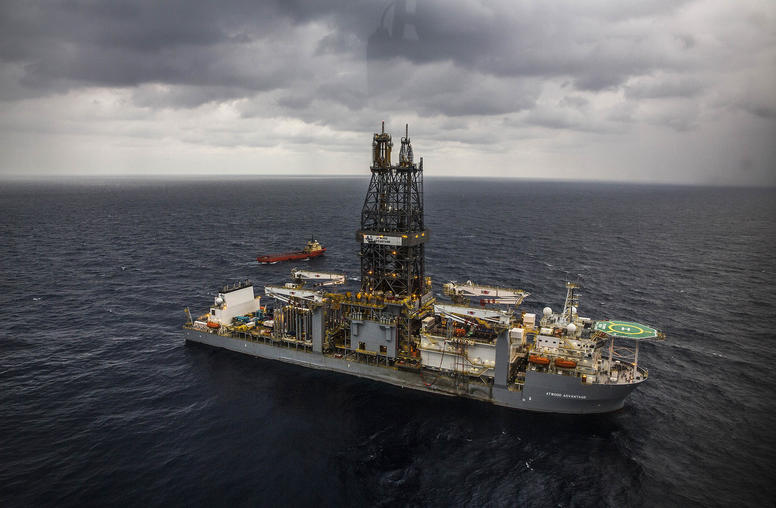
Could the Israel-Lebanon Maritime Border Deal be a Game-Changer?
Israel, Lebanon and the United States announced this week that a deal has been reached between Israel and Lebanon on each country’s maritime border. Negotiations between the parties over the 330-square-miles of the Mediterranean Sea have proceeded with stops and starts since 2020, but over the past few months edged toward a mutually acceptable outcome. Under the agreement, the contested waters will be divided by a line straddling the “Qana” natural gas field. Both parties would be able to produce gas on their side of the line, in addition to royalty arrangements agreed upon. A buoy line will remain between the two countries.
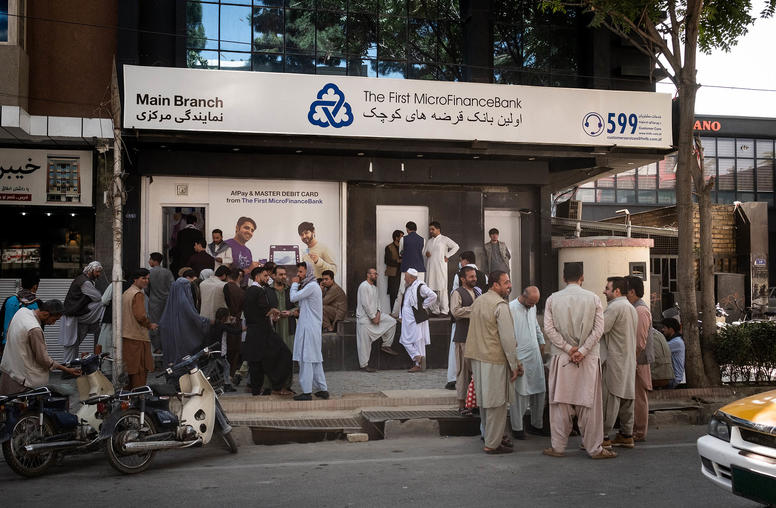
U.S. to Move Afghanistan’s Frozen Central Bank Reserves to New Swiss Fund
For almost seven months, Afghan central bank reserves frozen by the United States and set aside to somehow help the Afghan people, have sat, immobilized. Now those funds — $3.5 billion — are at long last on the move. On September 14, the U.S. and Swiss governments unveiled the “Fund for the Afghan People” as a Geneva-based foundation with its account at the Bank for International Settlements. The Fund will preserve, protect and selectively disburse this money. With this major policy step accomplished, new questions arise: What do these developments mean, what are realistic expectations for the reserves, and what needs to happen next?
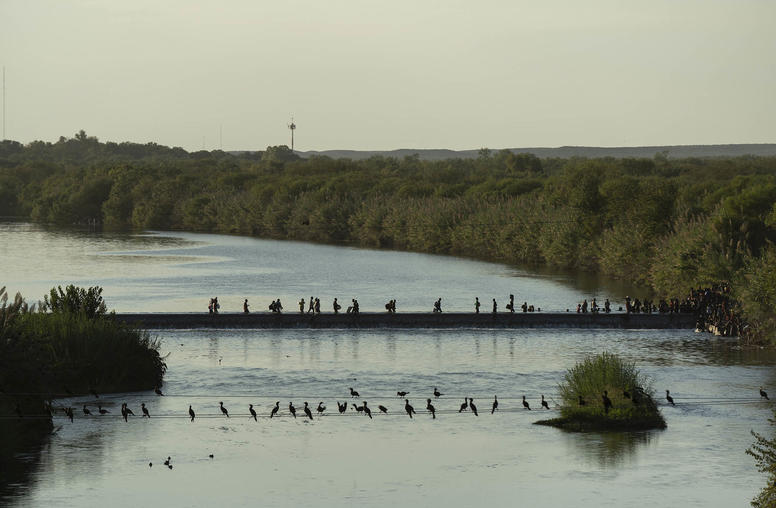
How Climate Change Catalyzes More Migration in Central America
Annual migrant apprehensions at the U.S. southwestern border have surpassed 2 million, breaking previous fiscal year records. The flows (which include large numbers of repeat crossers) have grown increasingly multinational in recent years, including Haitians trying to escape their country’s violence and poverty, along with Cubans, Nicaraguans and Venezuelans fleeing a combination of economic misery and political repression. Mexicans seeking better paid work in the United States also continue to cross the border in large numbers, as they have for generations.
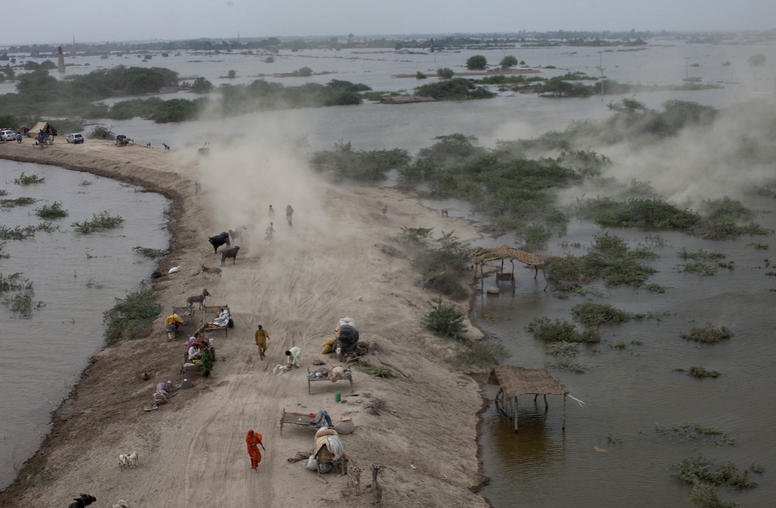
Pakistan’s Deadly Floods Come Amid Deluge of Crises
After experiencing its hottest months in 61 years in April and May, Pakistan has been hit by a “monsoon season on steroids,” according to U.N. chief Antonio Guterres. Pakistan has long been considered one of the most vulnerable countries to climate change in the world. Despite a history of intense floods, the country was ill-prepared for this year’s monsoon season. Intractable political and economic crises have hampered Pakistan’s capacity to address the ongoing fallout, particularly the worsening humanitarian crisis.
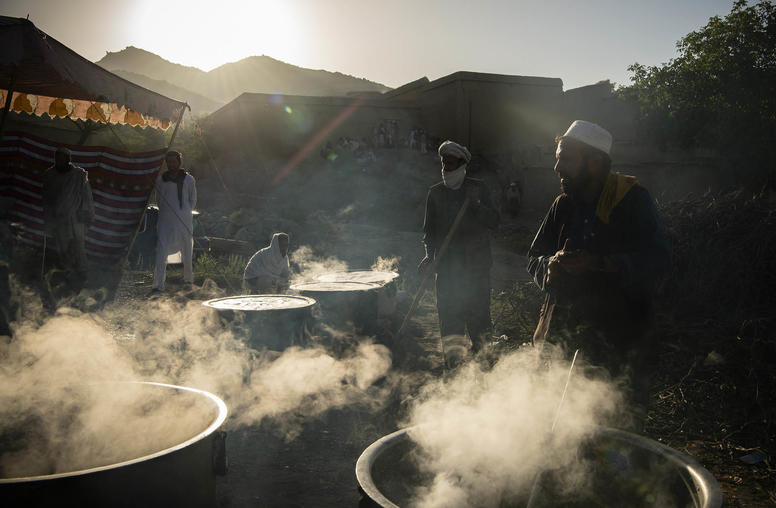
A Year into Taliban Rule, Afghans Face Spiraling Economic, Humanitarian Crises
The Taliban’s takeover of Afghanistan last year — followed by economic sanctions and other restrictions from the international community — precipitated a dire humanitarian crisis. Afghan women and children, particularly girls, have been hit the hardest. After two decades of hard-won gains, Afghan women have seen their rights evaporate before their eyes and young girls’ dreams for their futures have been squashed. Meanwhile, the country’s economic crisis has left nearly the entire population in hunger, with limited access to health care and other basic needs.
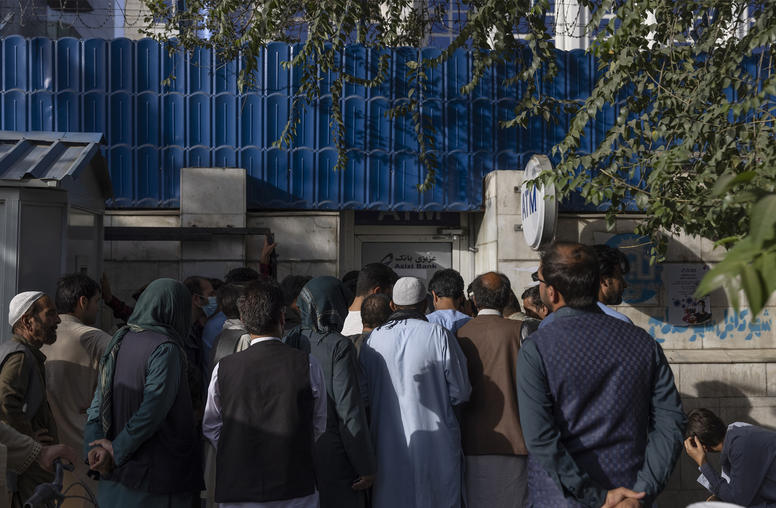
Demands for Prompt Return of Afghan Central Bank Reserves Miss the Full Picture
On August 10, a group of more than 70 international economists sent an open letter to U.S. President Joseph R. Biden Jr. and Treasury Secretary Janet Yellen urging the U.S. administration to promptly return more than $7 billion of Afghanistan’s foreign exchange reserves, held at the New York Federal Reserve Bank, to Afghanistan’s central bank (Da Afghanistan Bank; DAB). The letter followed similar pleas by U.N. officials and others. However, following the killing of al-Qaida leader Ayman al-Zawahiri in a U.S. drone strike in Kabul on July 31, the administration announced it will not release any of the reserves for recapitalization of DAB. The economists’ letter, though well-intentioned like other requests to return the reserves to DAB, does not take into account the very real constraints imposed by the U.S. legal system and judicial proceedings, as well as serious problems at DAB.